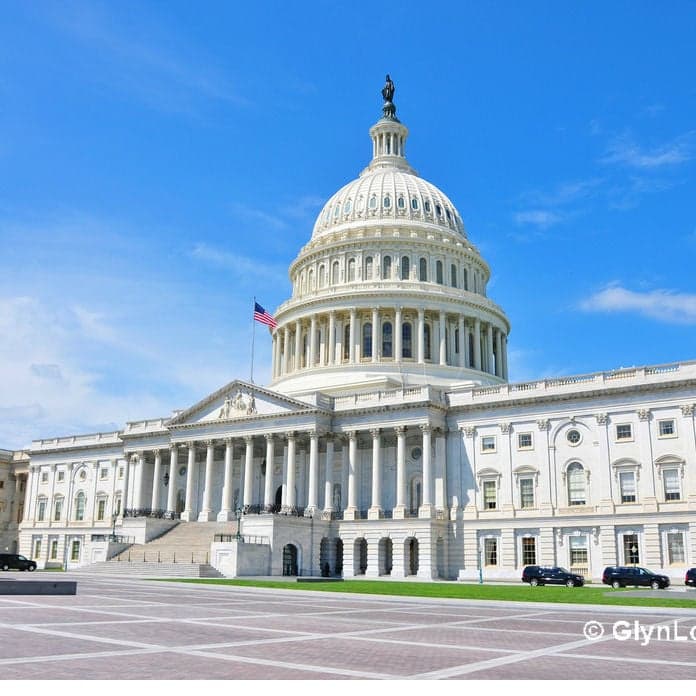Published:
Why don’t Democratic members of Congress support free trade agreements? The reason most often given is that historically Democrats have been the party of the working person. And since the conventional wisdom holds that trade destroys jobs in the U.S., Democrats have to oppose it.
Related to this explanation is that labor unions are de facto extensions of the party and if they oppose trade then the party’s elected representatives must follow their lead on this issue. Since unions donate money to candidates they support, to favor trade means saying goodbye to these contributions and the votes they represent.
Of course, it’s more complicated than this. There is such a thing as a pro-business Democrat. And there are plenty of them serving in Congress. There are also members who may be agnostic about business but think trade is just fine and the more of it the better. But when it comes to making public statements or voting in support of trade, these members can’t be counted on. That’s a big reason why the last votes on trade legislation—such as the CAFTA trade agreement and Trade Promotion Authority, which gives the president the power to negotiate trade deals—with Congress either approving or rejecting the deal—have been decided by one or two votes, made possible only because enough Dems voted for the legislation to allow a win to be eked out.
When rogue Dems join pro-trade Republicans in a winning vote, they are usually pilloried by the unions and other anti-trade groups. And although Dem votes are rare, a Dem member losing office because of a pro-trade vote is even rarer. If that’s the case, why don’t more Dems cross over in order to boost trade?
Well, for one thing, in the current environment, legislation will never get to the floor for a vote because President Trump won’t allow it. More consequential is that not enough Dems are willing to buck core constituencies. Anti-trade forces are much better organized and funded than their pro trade counterparts. The opposition can marshal trade unions, environmental groups and other special interests organized around a specific issue, such as opposing free trade agreements by arguing that they are as bad as the president says. Everywhere the rare pro-trade bird goes to campaign, the interests are there to protest. Members would prefer not to be defined by their support for trade, as it is seldom high on their list of priorities they want to be remembered for.
Politics as usual
Meanwhile, pro-trade businesses have been unwilling to step in and help the unusual Democrat that dares to stand up to the unions and other anti-trade factions. Unlike, for example, the unions and environmentalists, they have multiple issues that they are working and their energies get diffused. Yes, some do ask their employees to contact their elected representatives and even provide talking points. But there’s no guarantee that the rank and file will actually do anything. Also, when pro-trade forces do mobilize around a free trade agreement when the vote is done so is the effort. Contrast this with the anti-trade coalitions that stay mobilized from one election cycle to another.
Despite the importance of trade to the U.S. economy and U.S. workers, you can expect that people will continue to vote and to work against their own interests—fighting to preserve an economic structure that really doesn’t exist anymore.
File under






